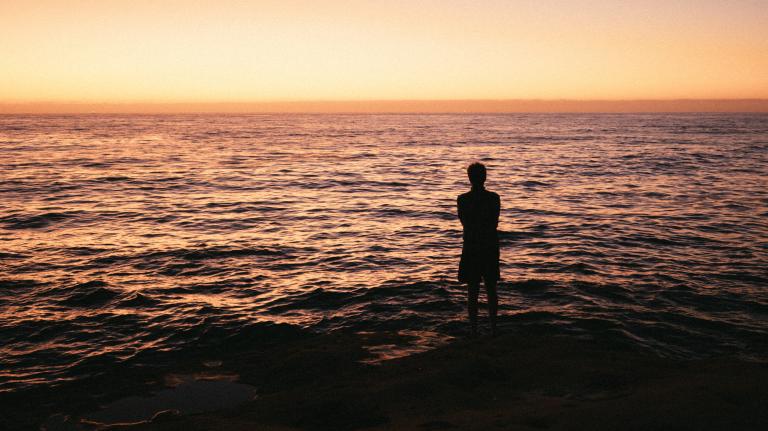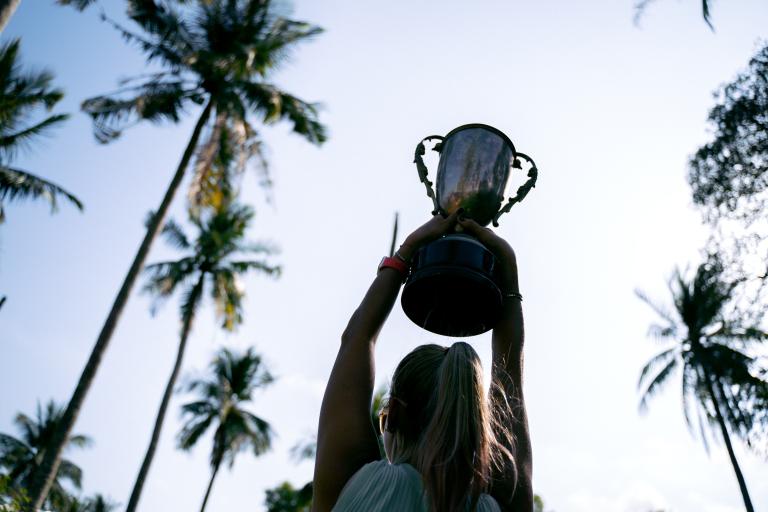There are few things as fascinating as the reality of self-sacrifice. Most of our movies, political speeches, and internal narratives celebrate some element of one’s ability to lose personally for the sake of the greater good.
It is a pretty crazy thing, when we stop to think about it. Each of us is created with just one person to steward (ourselves, if that is not clear). We have a life to protect, a mind to feed, and emotions to foster. It is a full-time, inescapable task to try to care for our own personhood. As if to accentuate this point, we have centuries and millennia of instinct and conditioning. A survival instinct.

And yet, under certain conditions, we are willing to throw it all away.
Not only that, we actually honor the idea. It might make sense, being people who thrive in community, if there were some sort of reaction that caused us to step in front of buses to save others or give up our seat when we see someone in physical pain. But these sorts of things are not just occasional reactions to an overwhelming attempt to care for others. It is something we dream about – I have often gone to bed actually fantasizing about giving my life to save a loved one. We sometimes plan to self-sacrifice. Many make it a habit, a way of life. Some will do it to such a degree they completely lose a sense of their own self!
A Cultural Phenomena
Culture is a consensus among participants in a group about what is honored and what is shamed. As much as our instincts predispose us to self-preservation, almost every culture honors the idea of self-sacrifice.
The fact is we thrive in communities. Life is about each individual participating in a greater good. And sometimes that comes at a cost. The community itself is more valuable than the individual. And even the individual agrees with this.
Therefore. We get a cultural phenomena in which we celebrate the self-sacrificial acts of community participants. We honor members of the military, bestow the title of hero on any Good Samaritan that steps in to interrupt injustice at the cost of his/her own life.

Even so, each member of the community is not beholden to this cultural norm. We do not have to conform to what the culture honors. Indeed, there are many ways in which we don’t; counter-cultural movements wherein we try to reframe what is honored and what is shamed.
My Best Interest
Here is the great paradox of being human – we always (and I mean always) pursue what we perceive to be in our best self-interest and, somehow, that self-interest includes self-sacrifice.
It seems like an oxymoron. If we are to always pursue what is best for us, how does sacrifice ever serve our own good? Shouldn’t we always fight to preserve our safety and well-being?
Within each of us, we know there is a point at which the cost of our own well-being is not worth it. What an extraordinary discovery. We are so predisposed to community that we ourselves feel as though sacrificing for them is one of the greatest, most self-serving things we can do with our lives.

The allure of self-sacrifice is the transcendent joy of serving something bigger than ourselves. Loving a community is a greater desire than holding on to every superficial manifestation of self-preservation.
There are obviously dangers in swinging too hard in this direction. As I mentioned earlier, people look to sacrifice so much they forget who they are and lean into sacrificing themselves when it is neither good for the community or their own best interest. But, by and large, this propensity to serve the community is an incredible good. A beautiful thing about being human. There is as much danger in ignoring or silencing it as there is in over-indulging it.
Taking the allure of self-sacrifice in proper measure, for its true value, and for what it is worth is one of the great celebrations of what it means to be human.
















